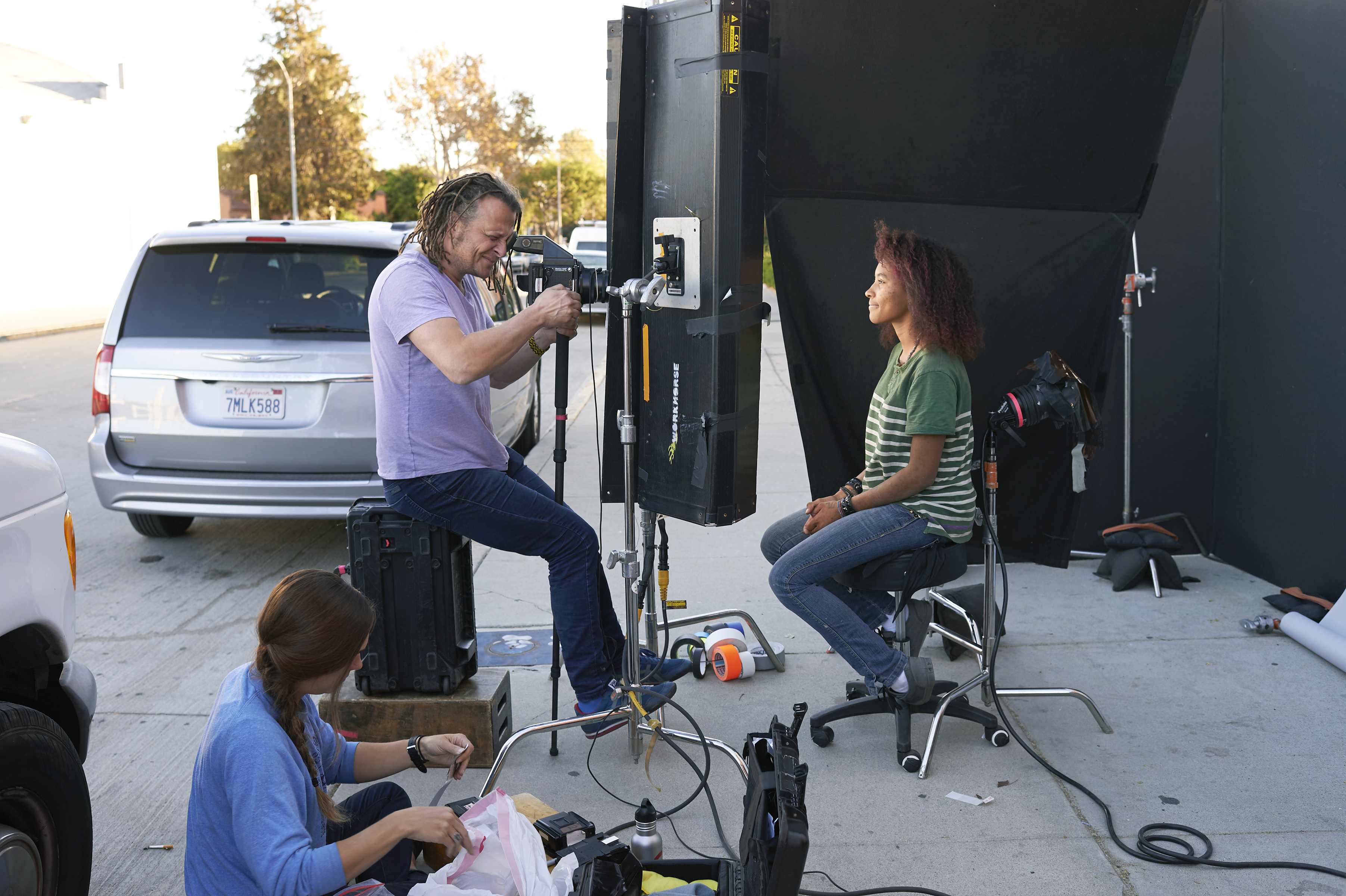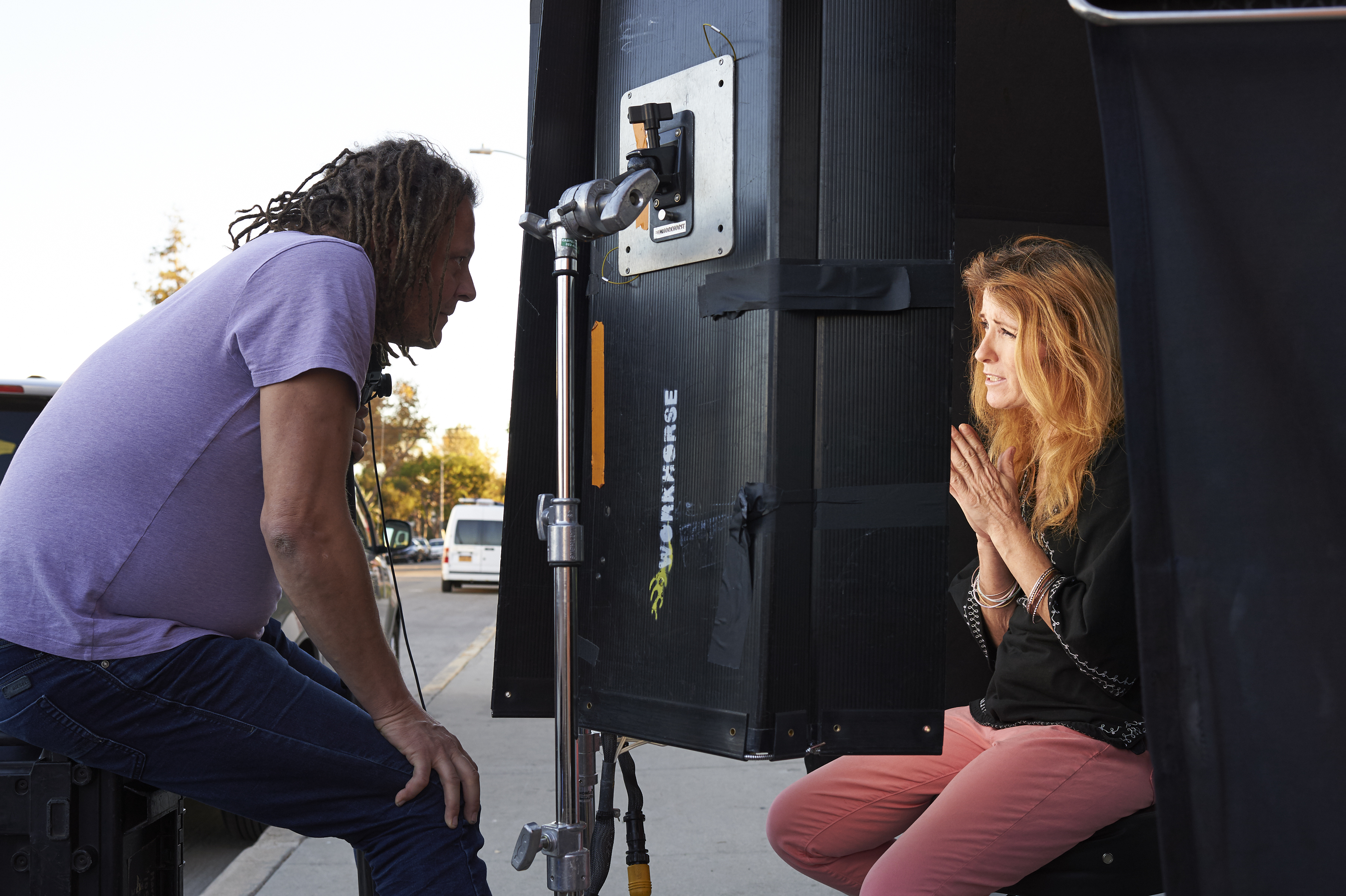
Tristan Carax
Martin: “Tell me your name again?”
Tristan: “I go by Tristan.”
M: “I photographed you half a year ago, right?”
T: “It was less than a year, you were here in the Spring.”
M: “It seems like you like this area.”
T: “I’m just here for the food most of the time.”
M: “There’s a lot of crystal meth around here.”
T: “Yeah, unfortunately. I don’t do it. I’m homeless, I’m not…It doesn’t mean I’m on drugs.”
M: “I never thought you were. You don't consider weed a drug?”
T: “Nope. With all the propaganda that’s going around about weed. The government needs their funding.“
M: “I think it’s going to be legal everywhere soon anyways.”
T: "I wish it wasn’t legal. I wish it was decriminalized. There’s a difference. When it’s legalized the government is still gonna force people to pay them money. And we can’t grow it where we should be growing it, everywhere. It can be used for so many things, medicine, and making stuff and… Before the 1920s it was in all of our medicine. But then the Rockafellers and those sorts of people, the Carnegies, started taking that over and that is a large portion of the reason why we have pharmaceutical shit [drugs] being handed out to people like candy.”
Tristan: “I go by Tristan.”
M: “I photographed you half a year ago, right?”
T: “It was less than a year, you were here in the Spring.”
M: “It seems like you like this area.”
T: “I’m just here for the food most of the time.”
M: “There’s a lot of crystal meth around here.”
T: “Yeah, unfortunately. I don’t do it. I’m homeless, I’m not…It doesn’t mean I’m on drugs.”
M: “I never thought you were. You don't consider weed a drug?”
T: “Nope. With all the propaganda that’s going around about weed. The government needs their funding.“
M: “I think it’s going to be legal everywhere soon anyways.”
T: "I wish it wasn’t legal. I wish it was decriminalized. There’s a difference. When it’s legalized the government is still gonna force people to pay them money. And we can’t grow it where we should be growing it, everywhere. It can be used for so many things, medicine, and making stuff and… Before the 1920s it was in all of our medicine. But then the Rockafellers and those sorts of people, the Carnegies, started taking that over and that is a large portion of the reason why we have pharmaceutical shit [drugs] being handed out to people like candy.”



